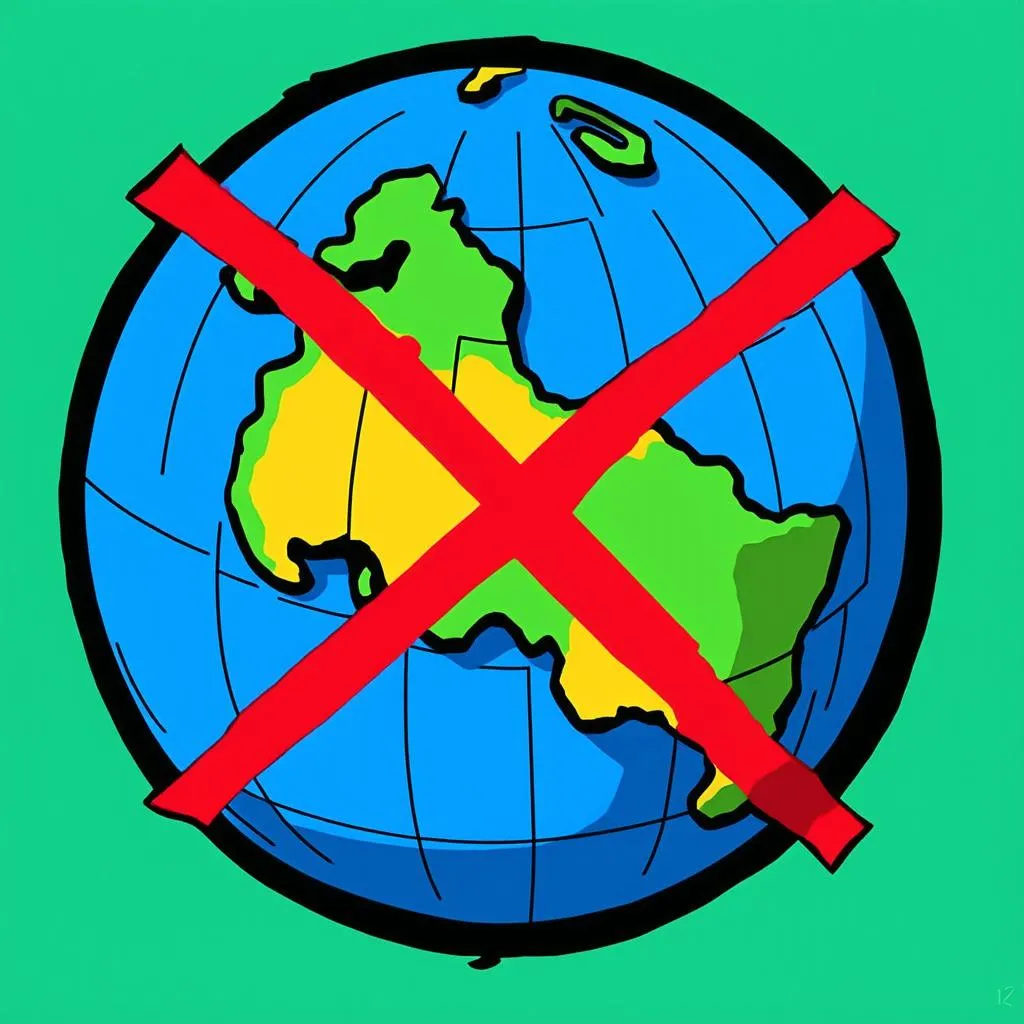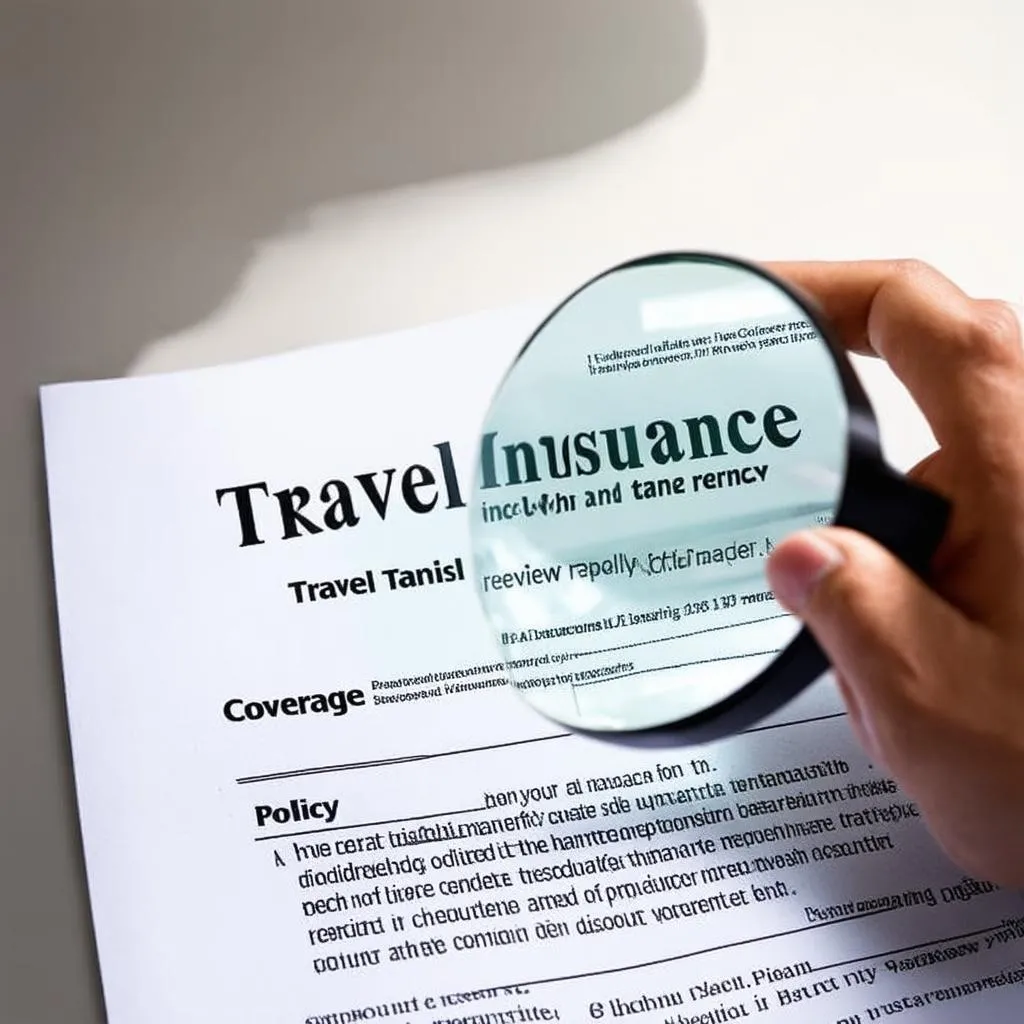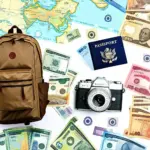Picture this: you’ve meticulously planned your dream vacation to the vibrant streets of Bangkok, even visualizing yourself indulging in delicious street food at the bustling Chatuchak Weekend Market. Suddenly, news breaks of a travel ban. Your heart sinks. What does this mean for your trip? Should you cancel?
A travel ban, at its core, is a government-imposed restriction that limits travel to or from a specific country or region. This isn’t about your best friend banning you from using their car for your next road trip, but a serious measure often taken due to political unrest, health emergencies, or security threats.
Delving Deeper: The Anatomy of a Travel Ban
While the idea of restricted movement might feel jarring, understanding the nuances of a travel ban can equip you to navigate such situations better.
Types of Travel Bans:
Travel bans aren’t one-size-fits-all. They can take various forms, such as:
- Blanket bans: These are comprehensive restrictions affecting all or most citizens from a specific country. Imagine a country closing its borders entirely to citizens of another nation due to escalating political tensions.
- Partial bans: These target specific regions within a country or certain demographics, like individuals with specific visa types. This could involve prohibiting travel to a region experiencing an outbreak of a contagious disease.
- Targeted sanctions: These focus on particular individuals or groups, often those perceived as threats to national security.
Why Are Travel Bans Imposed?
Governments impose travel bans for a variety of reasons, primarily to:
- Protect national security: Imagine a country facing credible threats of terrorism. A travel ban might be implemented to prevent individuals with suspected ties to extremist groups from entering.
- Control disease outbreaks: Remember the recent pandemic? Countries implemented travel bans to contain the spread of the virus, protecting their citizens and healthcare systems.
- Respond to political turmoil: In situations of political instability or conflict, travel bans can safeguard citizens from potential danger and prevent further escalation. Think of a country facing civil unrest – a travel ban could be put in place to discourage citizens from entering a volatile situation.
Navigating a Travel Ban: What You Need to Know
Finding yourself impacted by a travel ban can be stressful, but knowledge is power.
What to do if You’re Subject to a Travel Ban:
- Stay informed: Refer to official government websites and news sources for up-to-date information about the ban.
- Contact your embassy or consulate: They can provide guidance and support tailored to your situation.
- Explore alternative options: If your trip is non-essential, consider postponing or choosing a different destination. Remember that flexibility is key in travel, especially during uncertain times.
- Be patient: Travel bans are often fluid and can change rapidly. Regularly check for updates and be prepared to adjust your plans accordingly.
 Travel Ban Concept Illustration
Travel Ban Concept Illustration
The Impact of Travel Bans
Travel bans, while enacted with good intentions, can have far-reaching consequences.
Economic Implications:
- Tourism industry losses: Travel bans can devastate the tourism industry, affecting airlines, hotels, and local businesses that rely on travelers’ dollars. Imagine the impact on a picturesque island nation heavily dependent on tourism – a travel ban could significantly impact livelihoods.
- Disruptions to global trade: Travel restrictions can disrupt supply chains and impede international business operations.
Social and Personal Ramifications:
- Separation of families and loved ones: Travel bans can prevent families from reuniting and individuals from visiting loved ones abroad, causing emotional distress.
- Obstacles to education and cultural exchange: Bans can hinder students from attending universities abroad and disrupt cultural exchange programs.
FAQs About Travel Bans:
Q: Can a travel ban be challenged in court?
- A: The legality of travel bans is complex and varies by country. While some legal challenges have been mounted, the success rate is mixed.
Q: How long do travel bans typically last?
- A: There’s no fixed duration. Some bans are lifted within weeks, while others can persist for years, depending on the underlying situation.
Q: Does travel insurance cover trip cancellations due to travel bans?
- A: It depends on the specific policy. Some policies offer coverage for government-imposed travel restrictions, but it’s crucial to review the fine print.
 Reading Travel Insurance Policy
Reading Travel Insurance Policy
Planning Your Travels in the Age of Uncertainty:
The world is interconnected, and travel remains an integral part of our lives. While travel bans can disrupt plans, remember:
- Stay Informed: Knowledge is your best defense. Stay updated on travel advisories and potential risks.
- Plan Ahead: Research your destination thoroughly, consider purchasing travel insurance that covers unforeseen events, and familiarize yourself with local customs and regulations.
- Be Flexible: Embrace the unexpected. Have backup plans and be prepared to adjust your itinerary if necessary.
Travel is about exploring the world, experiencing new cultures, and creating lasting memories. While challenges may arise, a well-informed and adaptable traveler can navigate them successfully.
For more travel tips and information, visit us at TRAVELCAR.edu.vn. We offer a wealth of resources to help you plan your next adventure, from insightful destination guides to tips on staying safe and informed while on the road. Don’t let uncertainty hold you back from exploring our incredible world!
